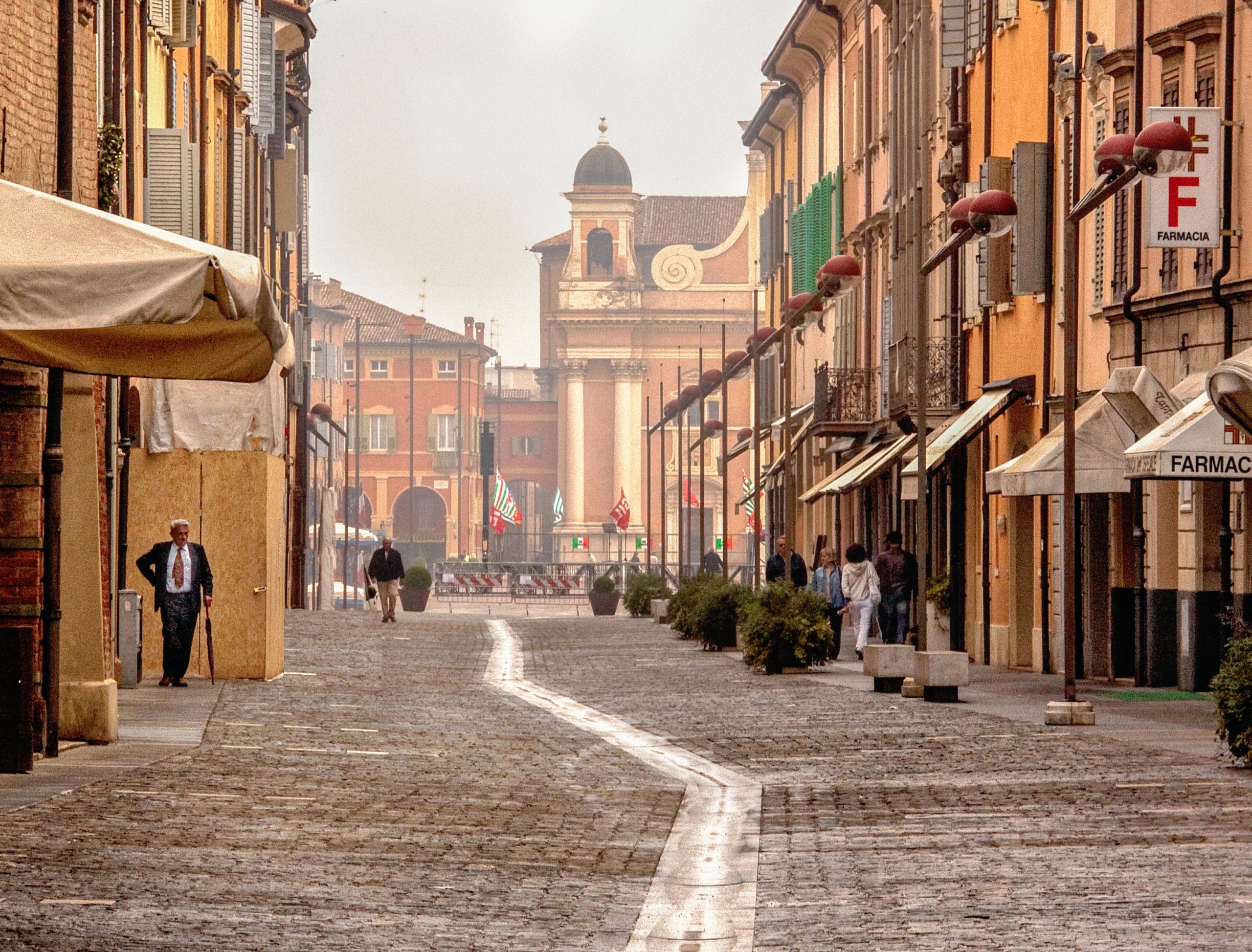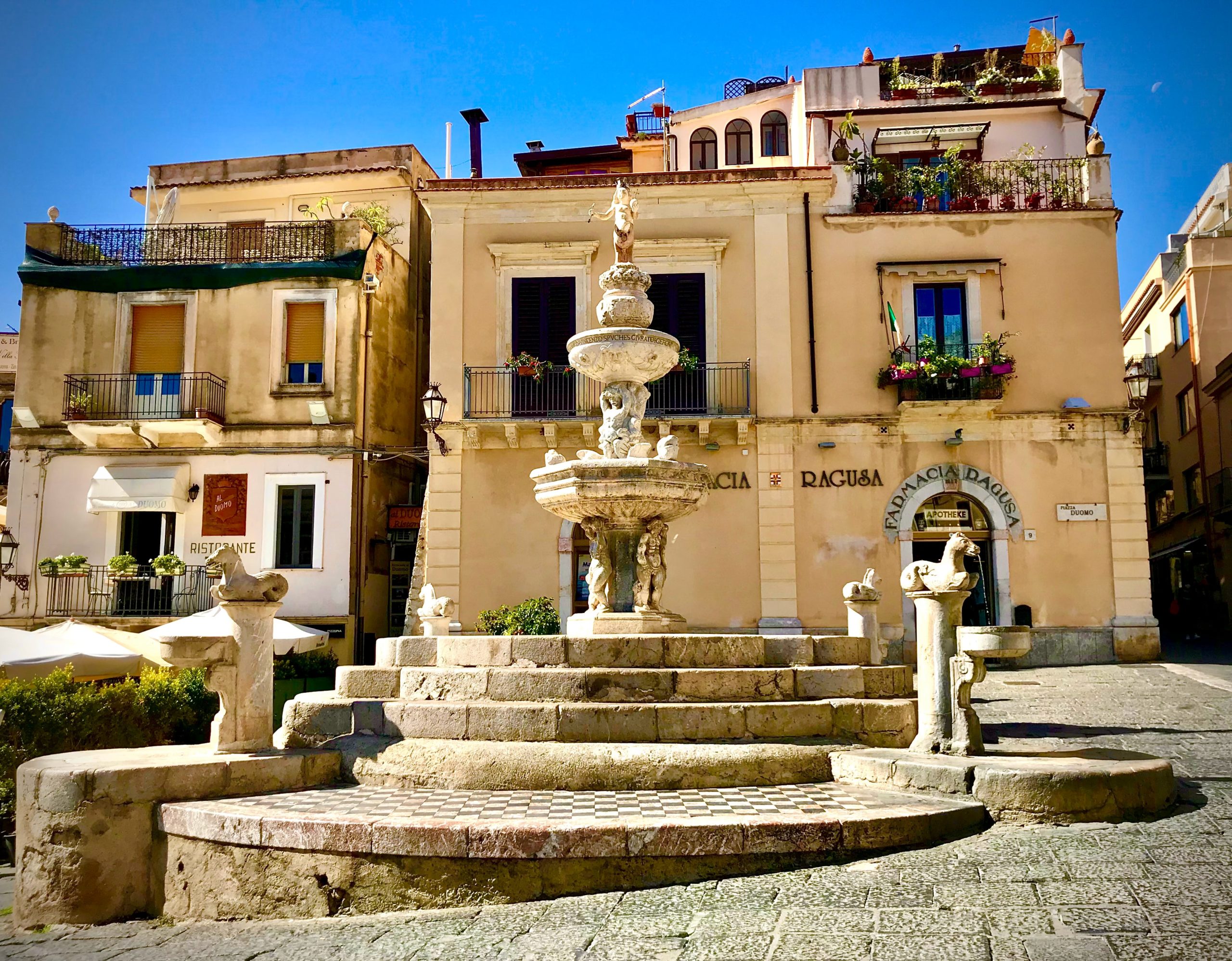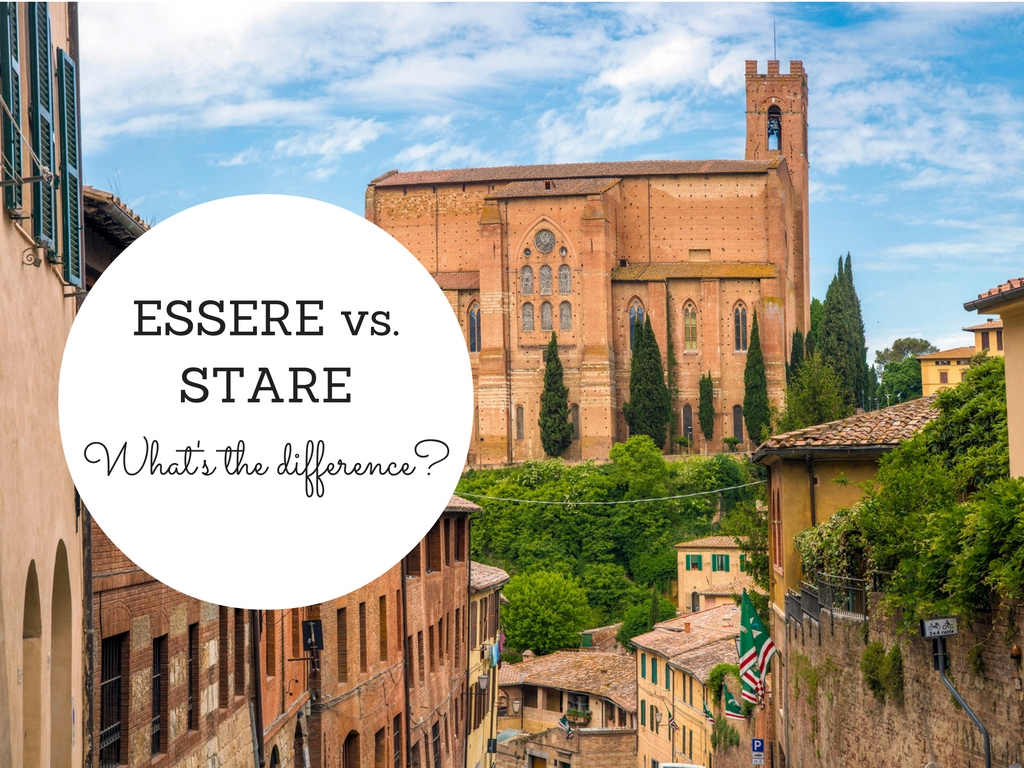
by Serena | Dec 8, 2023 | intermediate, Italian grammar
Di or A? It depends. In Italian, there are a number of verbs that are followed by a preposition and an infinitive verb (e.g., iniziare a fare qualcosa or finire di fare qualcosa). Because these Italian prepositions do not appear in the English equivalents of the...

by Serena | Dec 6, 2023 | Italian grammar, intermediate
How to say I should do (something) The English word “should” is translated into Italian using the present conditional form of the verb dovere. This is the conjugation of “should” in Italian: SubjectConjugationEnglish TranslationiodovreiI...

by Serena | Dec 10, 2024 | Italian grammar, parole difficili
What is “Ne” in Italian? This small word ne is one of the most challenging (and fascinating) elements of the Italian language. While it’s just a tiny word, ne is a pronoun that serves multiple purposes in Italian. It can: Teacher’s tip: Because ne doesn’t have a...

by Serena | Dec 11, 2023 | Italian grammar, intermediate
If you want to say “I miss” in Italian, you should say “mi manca” and not “manco”. Why so? What does the “mi” in front stand for? Understanding the use of ‘mancare’ in Italian The mi is an indirect pronoun and it’s used because mancare...

by Serena | Dec 6, 2023 | Italian grammar, beginners
What’s a Reflexive Verb? Reflexive verbs (verbi riflessivi) are verbs that require a reflexive pronoun in their conjugation and their default form (the infinitive). For example: Divertirsi (to enjoy oneself): Ci divertiamo alla festa (We enjoy...

by Serena | Dec 6, 2023 | Italian grammar
Are essere and stare different? Are essere and stare different? Yes. While essere means ‘to be,’ stare means both ‘to stay’ and ‘to be,’ but it is mostly used to mean ‘to stay’ or...








